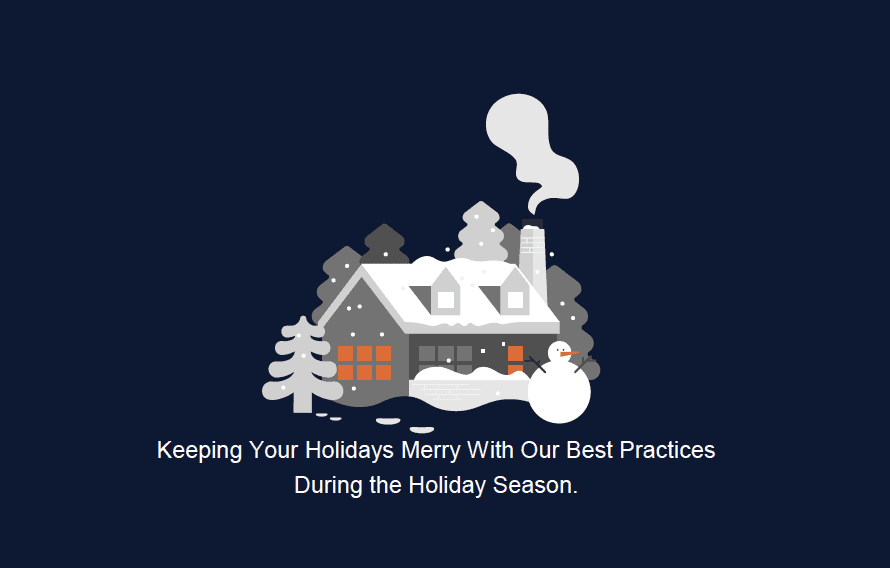
Eric Lancy, Manager, Security & Platform, shares his top 5 tips for staying secure during the holidays.
Update New Devices
When you get new gadgets over the holidays—like a shiny new smartwatch, tablet, phone, or computer—one of the first things you should do is update the software. Those updates aren’t just for new features; they often include security fixes to protect against vulnerabilities and threats. Keeping your devices updated is an easy but important way to protect your digital identity and keep everything running smoothly.
Enable 2 Factor Authentication
I strongly recommend enabling two-factor authentication (2FA) wherever possible, especially for your bank accounts and any accounts containing sensitive information. Most banks and reputable organizations offer some form of multi-factor authentication (MFA), even if it’s as simple as text message verification. While text messages aren’t the most secure option, they’re still far better than having no MFA at all. Adding this extra layer of security makes it significantly harder for bad actors to access your accounts.
Shop Smart
When shopping online, it’s best to stick to trusted websites. Just this morning, my wife asked me to check out a website before she bought a gift for the family. It was selling sports jerseys that looked incredibly authentic, with professional photos and brand logos. But when I looked closer, red flags popped up: the site wasn’t using HTTPS, the contact email was a Hotmail account, and the return policy was vague. Even the “About Us” section lacked any real details about the company. The lesson here? Shop from reputable sources and avoid chasing deals that seem too good to be true—because they probably are.
Complex Passwords
Nobody enjoys dealing with complex passwords, but they’re essential for keeping your accounts secure. To make things easier, consider using a reputable password manager like 1Password or the built-in options on iOS and macOS. These tools help you create and store strong, unique passwords without the hassle of remembering them all. A good password should be at least 14 characters long and include a mix of uppercase and lowercase letters, numbers, and special characters. Randomized passwords are best, so steer clear of anything personal, like your name, birth date, or anniversaries.
Monitor Finances
It’s crucial to monitor your financial statements regularly. Keeping a close eye on your bank and credit card statements can help catch unauthorized transactions early. If you haven’t already, consider signing up for credit monitoring services from the three major credit bureaus or another reputable identity protection service. These services can track your accounts and alert you if something seems off, allowing you to respond quickly before things spiral.
With data breaches making headlines over the past year, it’s clear that personal information is at risk. Sensitive data is often exposed, and it’s only a matter of time before that information could be used fraudulently—whether it’s to open new credit accounts, apply for loans, or worse. Credit monitoring acts as an extra layer of protection to help spot any suspicious activity that could impact your financial well-being.
Final Thoughts
Prioritizing security is key. If you let it slide, you’re more likely to become a target, and that can quickly lead to a whole lot of headaches: wasted time, lost money, and the hassle of dealing with things like investigations, filing police reports, and trying to get your funds back. Your credit score could take a hit, too. It’s not just frustrating; it’s especially inconvenient around the holidays when the last thing you want is to deal with a compromised account. So, it’s always better to stay proactive about security than to risk dealing with the stress and delays of cleaning up after a breach.